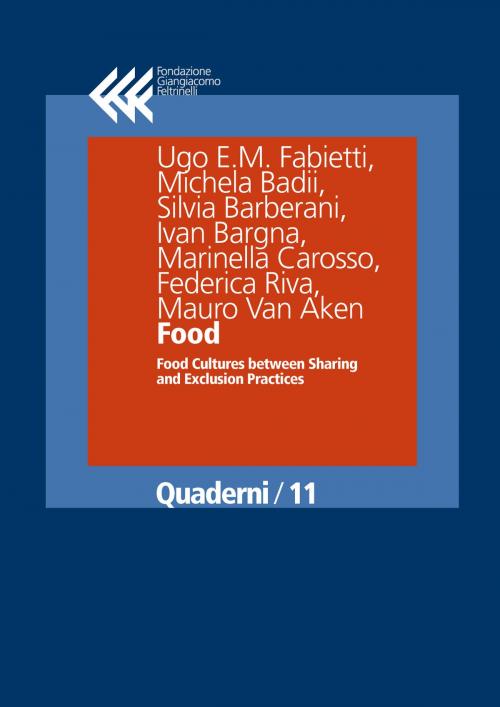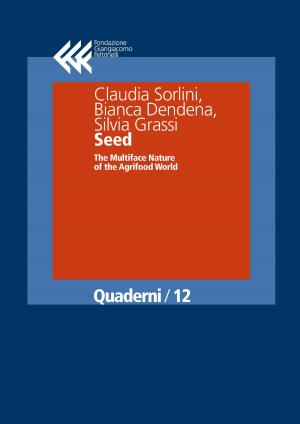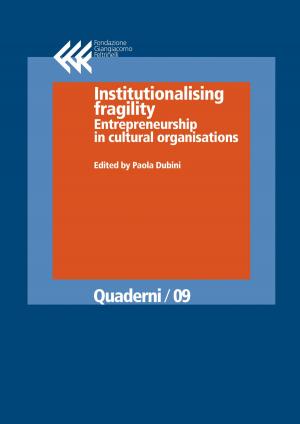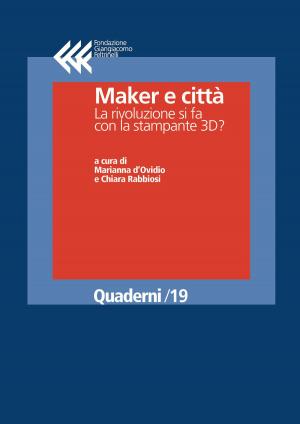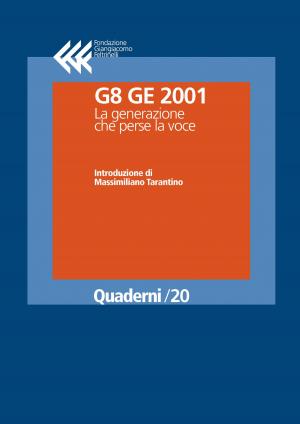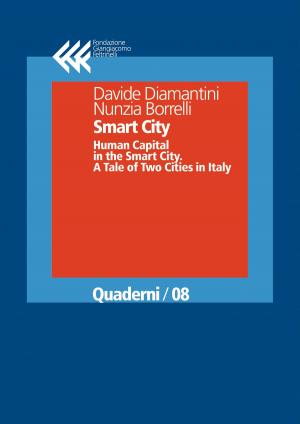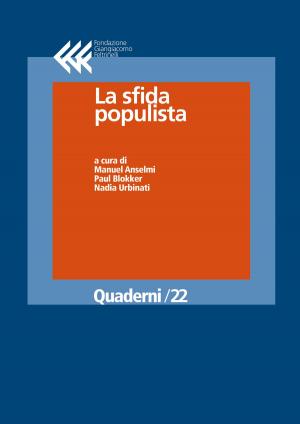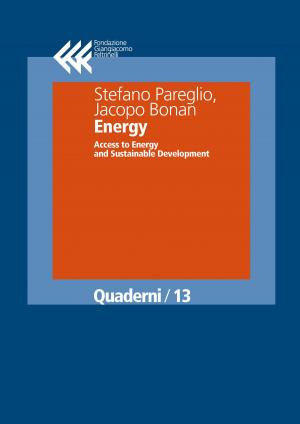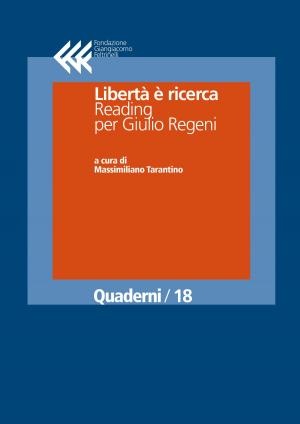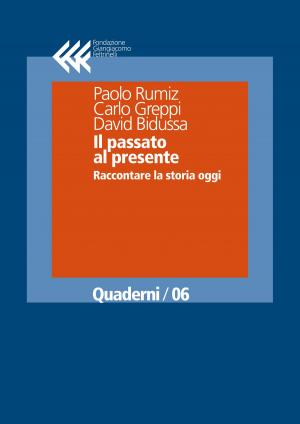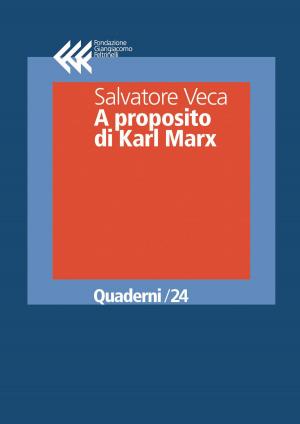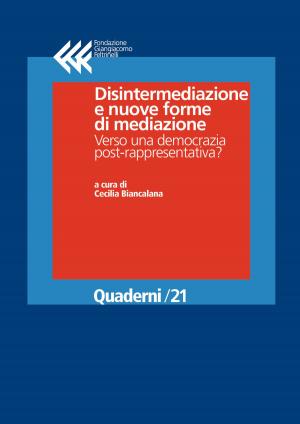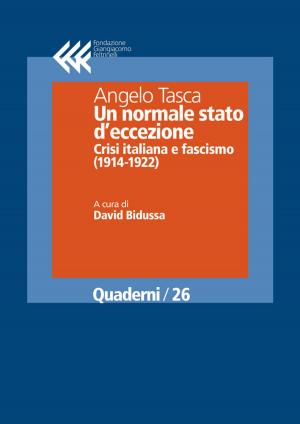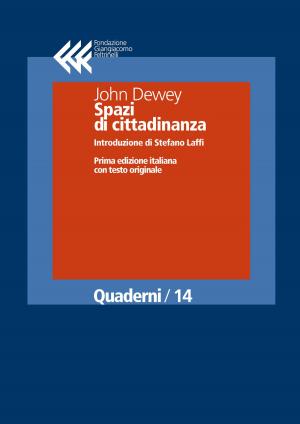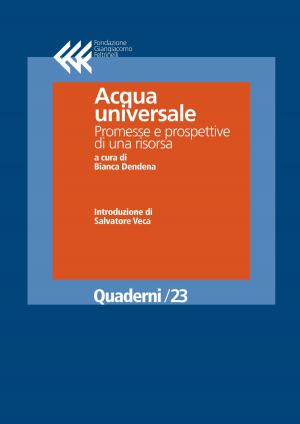Food
Food Cultures between Sharing and Exclusion Practices
Nonfiction, Social & Cultural Studies, Social Science, History| Author: | Ugo E. M. Fabietti, Michela Badii, Silvia Barberani, Marinella Carosso, Federica Riva, Mauro Van Aken | ISBN: | 9788868352547 |
| Publisher: | Fondazione Giangiacomo Feltrinelli | Publication: | August 24, 2016 |
| Imprint: | Fondazione Giangiacomo Feltrinelli | Language: | English |
| Author: | Ugo E. M. Fabietti, Michela Badii, Silvia Barberani, Marinella Carosso, Federica Riva, Mauro Van Aken |
| ISBN: | 9788868352547 |
| Publisher: | Fondazione Giangiacomo Feltrinelli |
| Publication: | August 24, 2016 |
| Imprint: | Fondazione Giangiacomo Feltrinelli |
| Language: | English |
Nutrition appears as one of those elements of human actions and thoughts through which human beings express ways and forms of collective existence. What we commonly refer to as the economic, political and symbolic spheres converge in nutrition, so much so that eating as a practice is a sort of “total social fact” or, in other words, a form of cultural expression tracing back to the very constitutive levels of society, of all societies. Indeed, it should be highlighted that the nutrition act is always culturally defined; there is no such thing as eating for merely nutritional purposes and eating has always been driven by taste, know-how, beliefs and cultural representations of the world. It follows that nutrition may be considered a holistic phenomenon, at once material and intellectual, whose complexity and understanding can hardly be reduced to specific areas of competence. The text of The Milan Charter, cultural legacy of Expo Milano 2015, is available at the end of the book.
Nutrition appears as one of those elements of human actions and thoughts through which human beings express ways and forms of collective existence. What we commonly refer to as the economic, political and symbolic spheres converge in nutrition, so much so that eating as a practice is a sort of “total social fact” or, in other words, a form of cultural expression tracing back to the very constitutive levels of society, of all societies. Indeed, it should be highlighted that the nutrition act is always culturally defined; there is no such thing as eating for merely nutritional purposes and eating has always been driven by taste, know-how, beliefs and cultural representations of the world. It follows that nutrition may be considered a holistic phenomenon, at once material and intellectual, whose complexity and understanding can hardly be reduced to specific areas of competence. The text of The Milan Charter, cultural legacy of Expo Milano 2015, is available at the end of the book.
